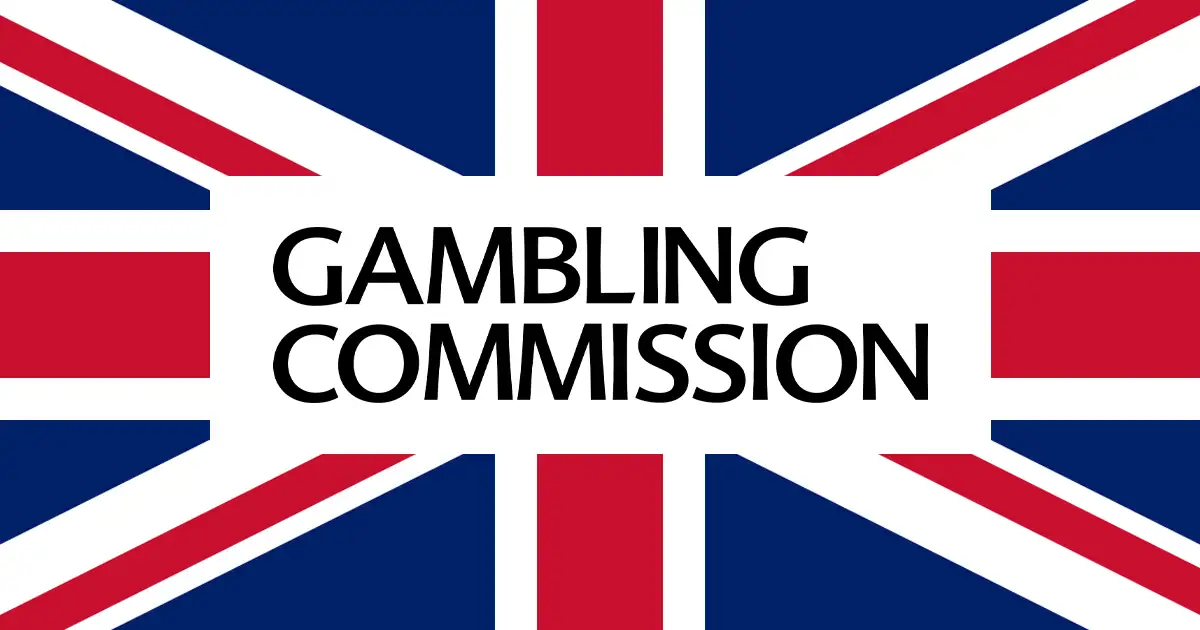White labels in the UK: a model as useful as it is risky
In the highly regulated world of British gambling, the white label model has become a strategic entry point for many foreign brands. Rather than obtaining their own licence (a long, costly and complex process), these companies join forces with an operator already licensed in the UK. The ‘white label’ then enables them to offer their services legally, without themselves being licensed by the Gambling Commission.
What are white labels in the gambling industry?
In the online gambling sector, the term ‘white label’ refers to a shared licensing model, where a company holding an official licence from the Gambling Commission allows other brands to use that licence to operate legally.
In practical terms, this means that a foreign operator, which does not hold its own licence in the UK, can offer its services to UK players via a platform that is already approved. This is a bit like subletting an operating right, provided that the rules laid down by the licence holder are complied with.
The white label holder is responsible for all legal and regulatory aspects: compliance, player protection, anti-money laundering policy, transaction auditing, etc. For their part, the partner brands manage the image, marketing, customer interfaces and commercial offer.
Why is this system so attractive?
The answer is twofold: flexibility and rapid market access. For a foreign brand wishing to reach British punters, obtaining an independent licence represents an enormous barrier. It involves complex audits, irreproachable financial transparency and a technical infrastructure that complies with the regulator’s standards.
The white label, on the other hand, offers a shortcut. A brand can operate almost immediately under the banner of an approved partner. It benefits from a turnkey platform, a compliant payment system and secure hosting. It’s an ideal solution for testing a market, without massive structural investment.
A springboard for innovation and internationalisation
In a globalised context, this model has been decisive in making the UK an international hub for online betting. Brands such as SBOTOP, Fun88, Sportsbet.io and W88, often associated with the sponsorship of Premier League clubs, were quickly able to reach a vast audience thanks to the platforms of TGP Europe, one of the country’s largest white label providers until its recent exit from the market.
These brands are not simply “clones”: they are building their own identities, targeting specific cultural segments (such as the Asian or African markets) and offering personalised user experiences, while respecting the UK legal framework.
A delegation of responsibility… that worries
But this apparent success hides a more complex reality. The white label model is based on a risky principle: legal responsibility lies with the licence holder, not the partner brands. This means that if a white label platform breaks the rules (on money laundering, player protection or advertising), it is the licence holder who is penalised.
The TGP Europe case is a stark illustration of this. In May 2025, the company was fined £3.3 million for serious breaches of due diligence and compliance. Rather than review its operations, it chose to withdraw its licence from the UK market. As a result, the brands it hosted, several of which are featured on the shirts of English football clubs, have had to suspend their operations in the UK.
A model that divides the authorities
The Gambling Commission, the UK’s gambling regulator, recognises the value of the white label model… but warns that it can become a vector of risk if not properly supervised.
In the face of mounting criticism, the Gambling Act Review, launched in 2020, is proposing to tighten controls around white label partnerships. A number of avenues are being explored, including more frequent audits, greater traceability of financial flows and a requirement for total transparency in governance structures.
Football clubs in the firing line
The debate now extends beyond the gambling sector. The Gambling Commission has issued warnings to Premier League clubs that host or promote white label sponsored brands. If these brands no longer comply with UK rules, the clubs themselves could face sanctions.
This was the case for Newcastle, Fulham, Wolverhampton and Burnley, which had entered into commercial partnerships with brands dependent on TGP Europe. The regulator is now requiring these clubs to check that the platforms are no longer accessible from the UK and to suspend their promotion immediately if this is not the case.
A reform, not an end
Should white labels be abolished? The answer is not so clear-cut. Many experts emphasise that this model can be virtuous if it is properly managed.
It allows new entrants, stimulates innovation and promotes diversity in an industry dominated by a few giants. The problem is not the model itself, but the lack of oversight on the part of some partners, and the circumvention of legal responsibilities by some companies.


